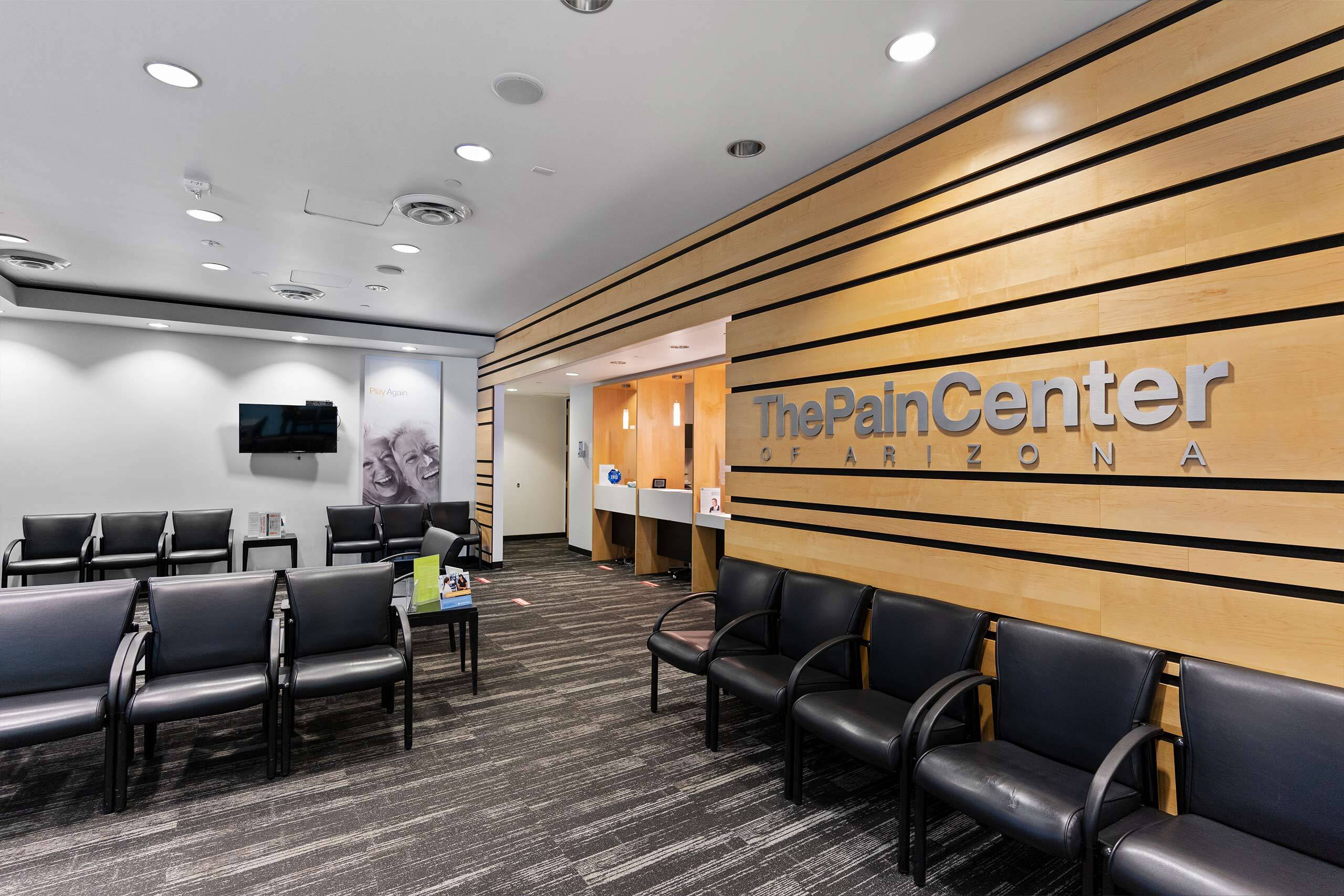Adhesiolysis
Adhesions (bands of scar tissue) causing bowel obstructions, infertility, and chronic pain may benefit from adhesiolysis, a minimally invasive procedure that severs adhesive bands. At The Pain Center, we employ a laparoscopic approach to ensure you experience less postoperative pain, reduced recovery time, and a reduced risk of a ventral hernia. During the procedure, we make a small incision in the abdomen and use special tools to remove adhesions in the uterus, ovaries, fallopian tubes, bowel, bladder, appendix, ureters, liver, kidneys, or spleen.


What is Adhesiolysis?
Adhesiolysis is a surgical procedure used to remove abdominal adhesions.
What Types of Pain Does Adhesiolysis Treat?
Abdominal pain is caused by adhesions in your abdomen.
These adhesions are in the form of lumps or scar tissue that band together, binding parts of your body tissue that aren’t typically joined.
If you have abdominal adhesions, you might experience:
- Chronic pain
- Nausea
- Vomiting
- Swelling
- Dehydration
- Cramps
Why do abdominal adhesions hurt?
They hurt because…
- your movement is restricted,
- there’s pressure on your nerves, or
- it’s causing obstruction within your abdomen.
Although these adhesions are typically symptom-free, they can worsen from infection, trauma, or other inflammatory injuries, resulting in chronic pain and abnormal bowel movements.
Adhesions typically develop on the inner lining of your abdomen, but can sometimes form in between your organs, intestines, and Fallopian tubes.
How do I get abdominal adhesions?
All sorts of abdominal trauma can cause adhesions in your abdomen, including:
- Abdominal surgery
- Crohn’s disease
- Endometriosis
- Diverticular disease
- Peritonitis
- Pelvic inflammatory disease
What other conditions could I face with abdominal adhesions?
Besides chronic pain, abdominal adhesions may also cause:
- Spinal Surgery Syndrome
- Chronic pain in the lower back as a result of spinal tissue formation
- Spinal Stenosis
- Pain, motor issues, and muscular weakness caused by compressed nerves from a narrowing spinal canal
- Infertility
- Obstruction of ovaries or Fallopian tubes caused by adhesions. They can also make intercourse painful
- Intestinal Blockages
- Digestive issues, nausea, vomiting, and inability to pass gas or stool because of an adhesion blockage in the intestine

How Does Adhesiolysis Work?
During adhesiolysis, we make a small incision in the abdomen and use special tools to remove adhesions in the uterus, ovaries, fallopian tubes, bowel, bladder, appendix, ureters, liver, kidneys, or spleen.
We employ a laparoscopic approach to ensure you have…
- less postoperative pain,
- reduced recovery time, and
- reduced risk of a ventral hernia.
What abdominal symptoms should I report to my doctor?
Abdominal pain symptoms can range from mild to severe, but no matter the degree, be sure to report any pain you’re experiencing, including:
- Dehydration
- Fever
- Constipation
- Frequent urination
- Pain when urinating
- Pain that comes in waves
- Pain on the side of your ribcage, down to the groin
- Nausea, vomiting
- Burning pain in the abdomen, under the chest, or above the belly button
- Pain that gradually grows in intensity
- Loss of appetite
- Diarrhea
- Discomfort when you bend over
- Swelling or tenderness
- Urgent need to use the restroom
- Cramping
- Rash
- Weight loss
- Passing gas
- Bloody stool
Expectations and Recovery
Patients normally experience abdominal discomfort for a couple of weeks after the procedure. By about four weeks of recovery, you should be back to your regular activities.
During recovery, make sure you get rest, avoid strenuous activities and irritable foods, and properly tend to your surgical wound.
Plenty of patients report complete relief from any abdominal pain after recovery.


Get the care you need within 24 hours*
We know when you’re looking for relief for your chronic pain, you can’t wait any longer than you already have. This is why we can schedule you with an appointment within 24 hours at most of our pain centers across the Valley, so you can start your journey to life-long pain relief as soon as tomorrow.



